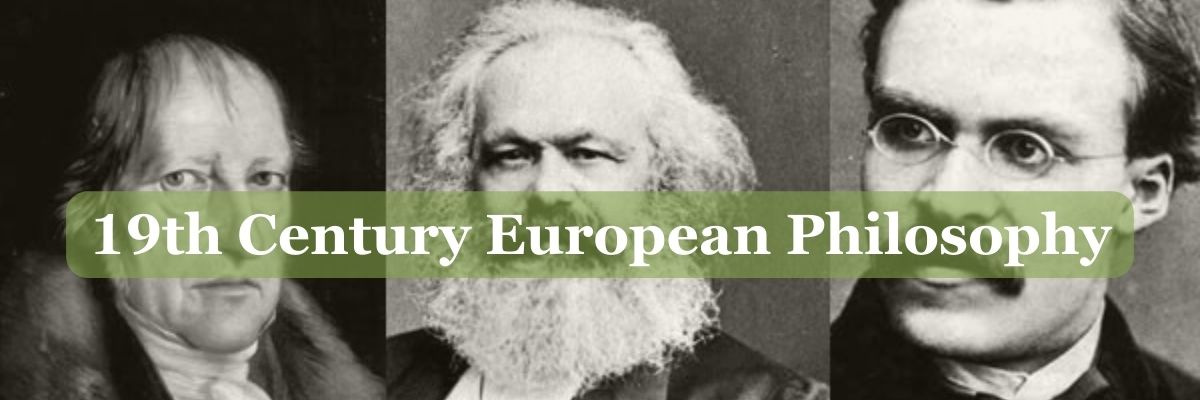
This course focuses on contemporary and perennial questions about love and sexuality. What is love, and why are our romantic relationships so important to us? Are friendships and romantic relationships really that different? What, if any, is the relationship between love and sex? Are our current norms and practices surrounding sex good ones to have, or are there other ways we should be approaching sexuality? We will explore topics such as romantic love, friendship, the nature of sex and sexuality, sexual ethics, taboos, and sexual identity through student-led discussions and deep engagement with philosophical texts.
- Instructor: Rebecca Harrison

This course focuses on contemporary and perennial questions about love and sexuality. What is love, and why are our romantic relationships so important to us? Are friendships and romantic relationships really that different? What, if any, is the relationship between love and sex? Are our current norms and practices surrounding sex good ones to have, or are there other ways we should be approaching sexuality? We will explore topics such as romantic love, friendship, the nature of sex and sexuality, sexual ethics, taboos, and sexual identity through student-led discussions and deep engagement with philosophical texts.
- Instructor: Rebecca Harrison
- Instructor: Kathryn Pendoley

19th Century European thought, sometimes referred to specifically as “post-Kantian” philosophy, was distinctively shaped by responses to Immanuel Kant’s work on epistemology, metaphysics, ethics, and aesthetics. After introducing the conceptual landscape via an overview of Kant’s work, this course will focus on three influential 19th Century philosophers — Hegel, Marx, and Nietzsche — and their treatment of questions concerning such wide-ranging issues as consciousness, knowledge, sociality, morality, history, politics, aesthetics, and even the nature of philosophy itself.
- Instructor: Rebecca Harrison

